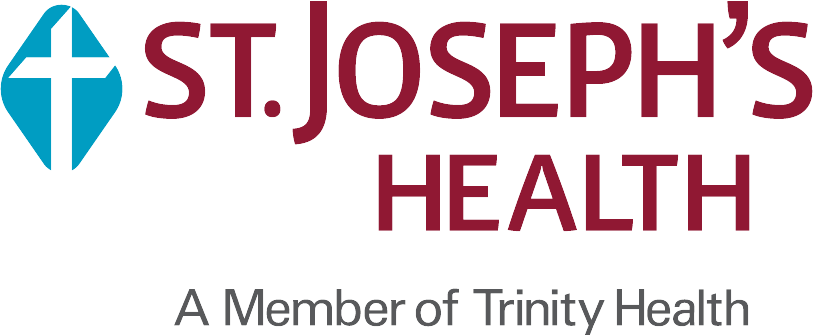Treatments
Lifestyle Modifications
For many cases of GERD, simple changes to daily life are all that is needed to treat the disease. These changes can include daily dosages of over-the-counter or prescription medications. Additionally, your doctor may recommend reducing or eliminating smoking, alcohol consumption, acidic or fatty foods, and carbonated beverages. Weight loss may be another recommendation as well as alteration of eating or sleeping patterns.
Medication Therapy
Medication Therapy is often the next step if the lifestyle changes are not effective in treating GERD symptoms. Over-the-counter antacids and other medications can neutralize stomach acids and help reduce acid production. Prescription medications may be effective in promoting healing and relieving symptoms but are not indicated for a long-term treatment plan.
Surgery
This step is usually reserved for those whose symptoms are not effectively treated by either lifestyle changes or medication. Sometimes this may be the first option if there is a physiological defect such as a hiatal hernia. While the most common surgical option is a fundoplication surgery, at The Heartburn Center at St. Joseph’s Health we offer the state-of-the-art LINX implant as well. Surgical treatment is usually laparoscopic/robotic (small incision) with a rapid recovery to full activity.
